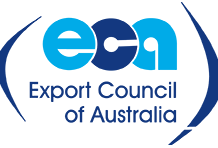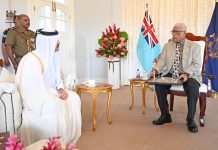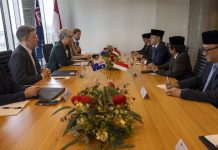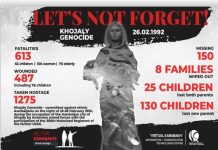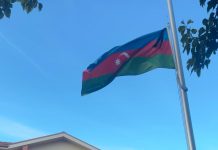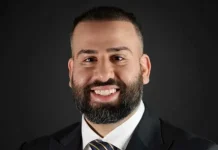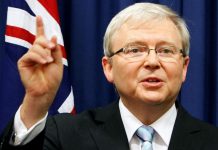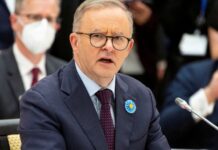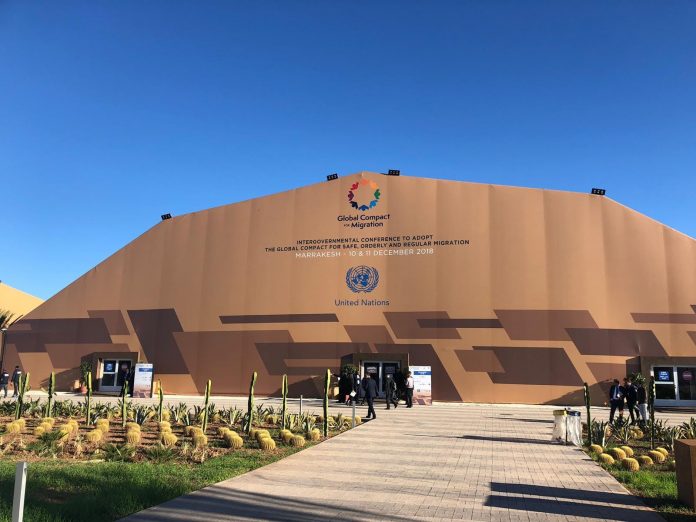After over three years huge efforts, world leaders on Tuesday adopted the Global Compact for Safe, Orderly and Regular Migration laying out the first-ever global cooperation framework for sharing responsibility to protect the world’s 258 million people on the move.
Gathered in Marrakech for the two-day Intergovernmental Conference to Adopt the Global Compact for Safe, Orderly and Regular Migration, senior Government officials, along with partners from civil society, the private sector and migrant communities discussed opportunities for partnership.
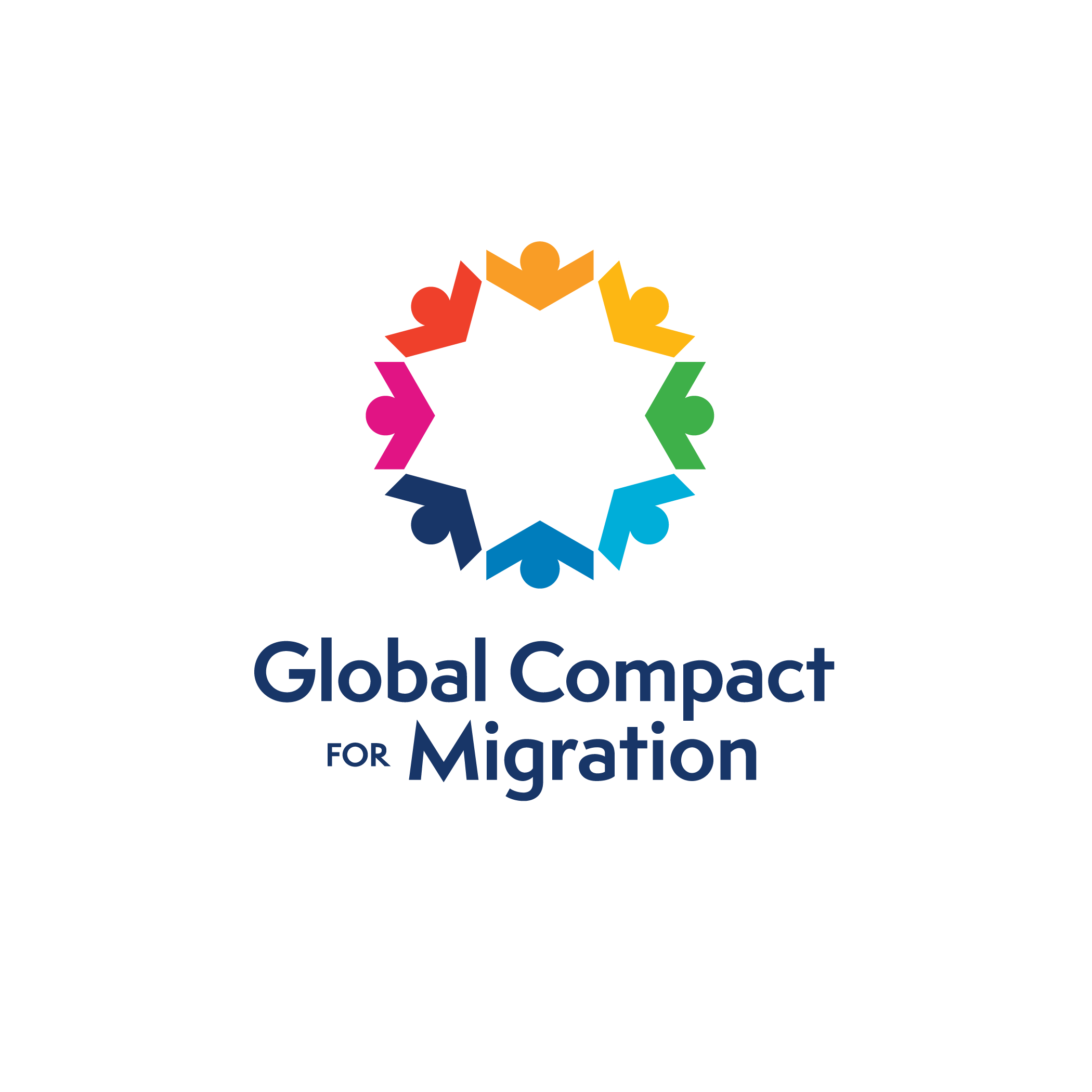
The Kingdom of Morocco hosted the intergovernmental conference on the Global Compact for Migration, in Marrakech on the 10th and 11th of December, 2018, in presence of the UN Secretary-General, Antonio Guterres, and the leaders and representatives from 164 countries along with partners from civil society, the private sector and migrant communities, said a statement issued by the Embassy of kingdom of Morocco in Canberra.
The Head of Delegations approved and adopted the Global Compact for Migration, as agreed by the Member States of the United Nations on the 13th of July, 2018. It is the first, intergovernmental negotiated agreement, prepared under the auspices of the United Nations, to cover all dimensions of international migration in a holistic and comprehensive manner.
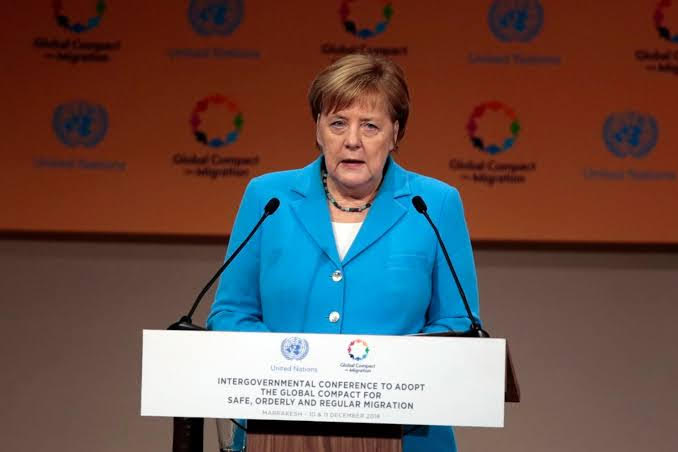
Tackling migration challenges is a shared responsibility, King Mohammed VI
On this occasion, His Majesty Mohammed VI, King of Morocco, expressed pride in Morocco being chosen to host the event and said that Morocco’s efforts throughout the years to tackle migration are “neither recent nor incidental.” He also emphasized the importance of shared responsibility to tackle migration challenges and its role in Morocco’s political agenda. According to the sovereign, Africa should not be the subject of the Global Compact, but the African continent “will be an actor—a key one”.
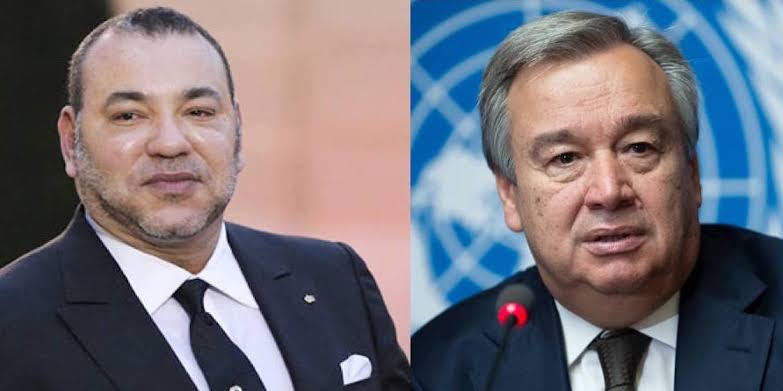
It is worth recalling that the Moroccan King, in his capacity as the AU leader on the issue of migration, presented in 2017, the African Agenda on Migration, which was unanimously adopted by the African Union Conference in January 2018. The Agenda ultimately stressed the need to “adopt a positive stance on the issue of migration by highlighting the humanistic rationale of shared responsibility and solidarity.”
King Mohammed VI concluded his message by calling for solidarity-based sovereignty, multilateralism, and a shared responsibility to face migration challenges, reaffirming that “repressive” migration policies only serve to slow the movement of people — not stop it — and insists no country can go it alone in dealing with waves of migration.
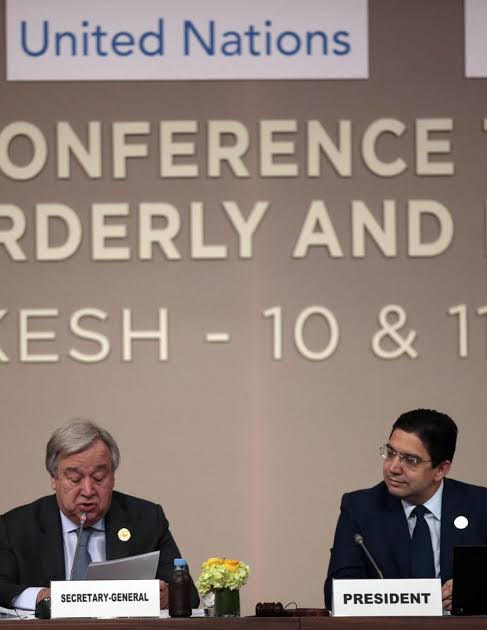
Morocco’s choice to host this International conference that was marked as well by the election of the Minister of Foreign Affairs and International Cooperation, Nasser Bourita, as President of this Conference, reflects the recognition of the huge efforts made by the Kingdom to reach a global consensus on the issue of migration.
This document underscores a necessary shift from political discussions on migrants’ lives to a legal framework to implement policies and actions that acknowledge migrants’ contribution to development. It presents, as well, a significant opportunity to improve the governance on migration and to address the challenges associated with today’s migration.
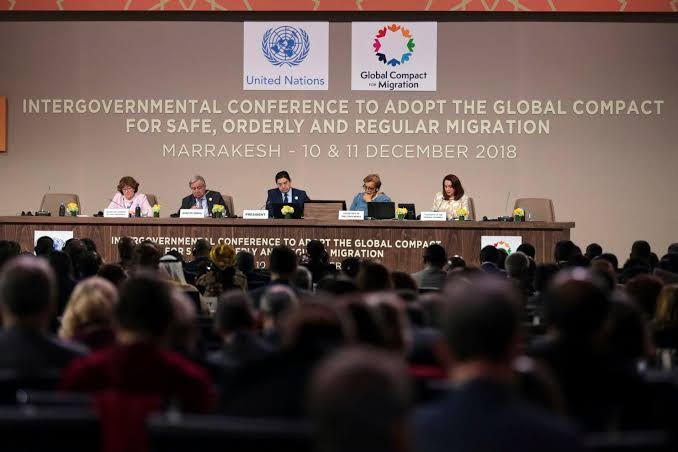
Being different from a treaty, the Pact is not legally binding. As recalled by the UN Secretary-General “It is a framework for international cooperation, rooted in an inter-governmental process of negotiation in good faith that specifically reaffirms the principle of State sovereignty, including “the sovereign right of States to determine their national migration policy and their prerogative to govern migration within their jurisdiction, in conformity with international law.”
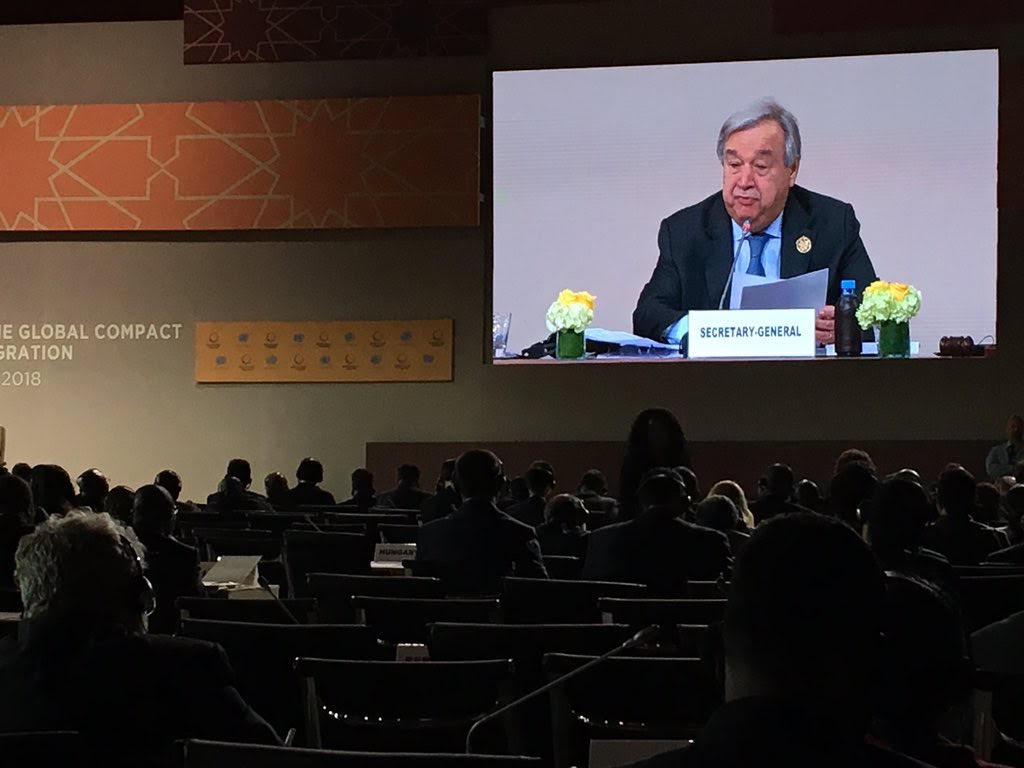
The global pact lays out 23 objectives to open up legal migration and better manage the influx as the number of people on the move worldwide has increased to over 250 million. It aims to bring greater visibility to questions that are not generally raised in public debate around intra and transcontinental human mobility.
On the sidelines of the Intergovernmental conference on migration in Marrakech, His Majesty the King Mohammed VI granted the Secretary General of United Nations Mr Antonio Guterres an audience at Rabat Royal Palace on Tuesday afternoon.
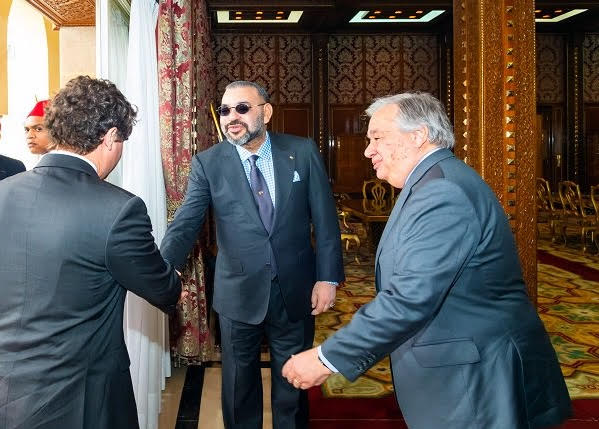
Mr Guterres expressed his gratitude for the successful holding of the Intergovernmental Conference to adopt the Global Compact for Safe, Orderly and Regular Migration.
During this global meeting, the AU signed the headquarters agreement of the African Migration Observatory which will be located will in Rabat. This initiative, endorsed by African heads of State at the 31st AU Summit held in Nouakchott last July, was included in the Marrakech Compact. It will have the task of collecting data and developing its exchange as a well as facilitating coordination between African countries on migration issues.







